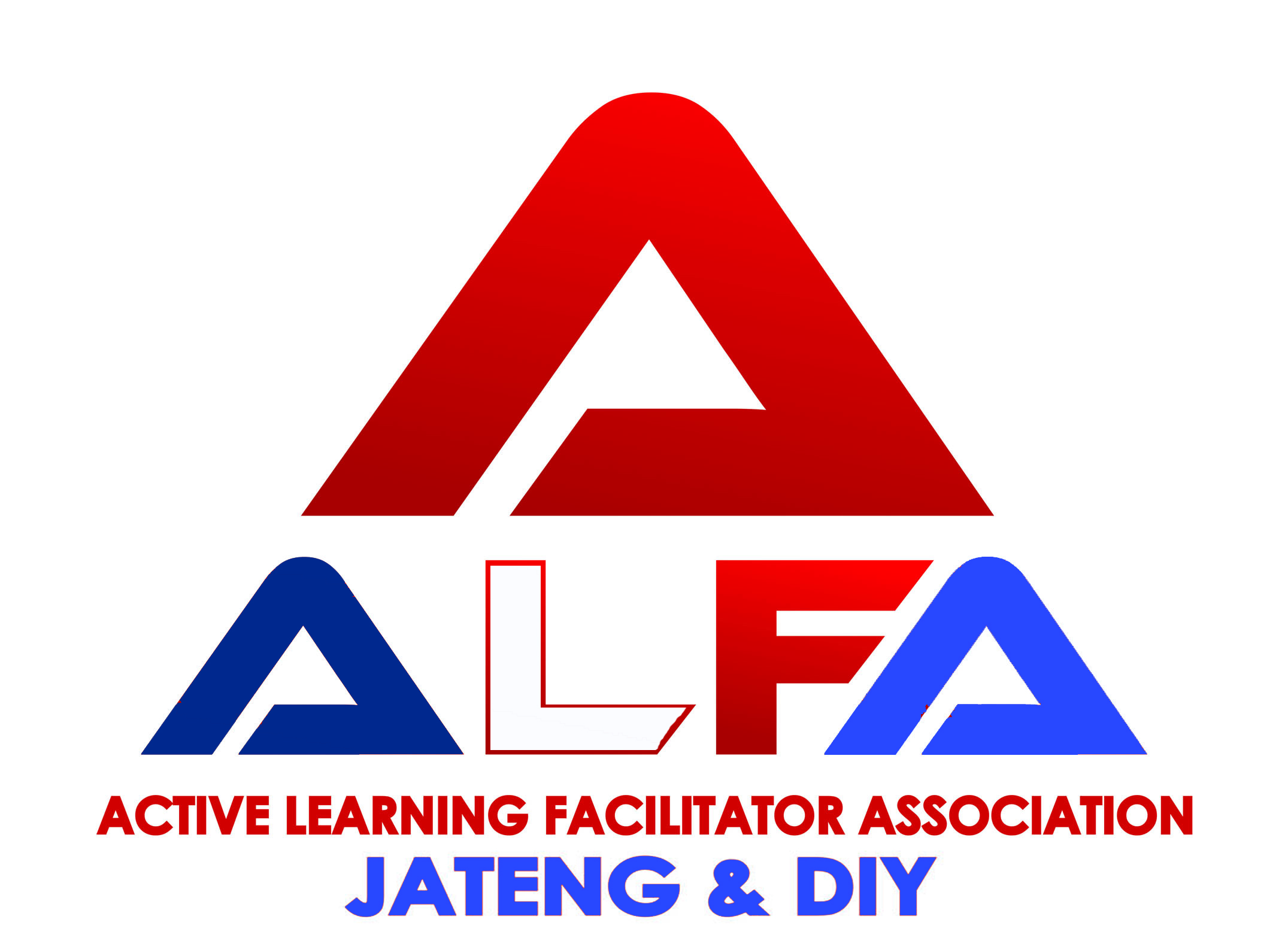ANALYSIS OF LECTURERS’ ATTITUDE TOWARDS INTEGRATION OF ICTS IN TEACHING UNIVERSITY STUDENTS IN YOBE STATE, NIGERIA
Abstract
The study examines the lecturers’ attitude towards integration of ICTs in teaching University students in Yobe State, Nigeria. Descriptive research design of ex-post facto type was used with 125 participants drawn for the study. The respondents were measure with standardize instrument with reliability coefficient of 0.75 using Cronbach Alpha and the data collected was analysed using mean, standard deviation (SD) and t-test 0.05 level of confidence. The finding revealed that attitude of lecturers towards integration of ICTs in teaching undergraduate students was negative; level of lecturers’ competency in the use of ICT facilities was low and there was statistically significant difference between male and female lecturers attitude in favour of male lecturers. The study recommends the following based on the findings of study: There is a need for the Government, National University Commission (NUC) and other Education stakeholders to respond positively and provide enough ICT infrastructures in all University across the country so as to encourage lecturers to utilize them in their teaching.
Full Text:
PDFReferences
Albirini, A. A. (2011). Teachers’ Attitudes toward Information and Technology. Syrian EFL Teachers. Journal of Computers and Education 47, 373-378.
Anan, K. (2004). Addressing the 6th Session of the UN TC Task Force in New York on Application of ICT for development in Africa. Retrieved from http://sprouts.aisnet.org/9-37.Ed (1): 73-79
Ajayi, K, O. (2008). A Study of the Dimensions of Teachers’ Attitude Toward Computerize Education in Nigerian Secondary Schools. Nigeria Journal of Computer Literacy2 (3), 47-58
Bandele, S. O. (2006). Development of Modern ICT and Internet System. In Agagu A.A (Ed). Information and Communication Technology and Computer Applications. Abuja: Pan of Press 1–3
Cuban, L. (2007). Oversold and underused USA: Harvard University Press. Future Developments and Future Directions, Indiana University, USA. Sprouts: Working Paperson Information Systems, 9(37), 73-79
Ezeoba, K. O. (2007). Instructional Media.An Assessment of the availability, utilization and Production by Nursery School Teachers. Journal of Applied Literacy and Reading, 3, 33-38
Farrell, G. (2007). ICT in Education: Meta-Survey on the Use of Technologies in Asia and the Pacific. Journal of Applied Literacy and Reading, 3, 13-38
Hanushek, A. B., & Woessmann, C. A. (2015). The Relationship of Test Scores and Growth, 1960-2000.
Hilty, G. (2008). ICT & Sustainability Essay on Relationship between Information Technology and sustainable Dear. Book on Norderstedt
Jimoh, A. T. (2007). Students Attitudes Towards ICT in Nigeria Tertiary Institutions. Journal Information Science, 29(2), 107-115.
Littlejohn, S. (2006). Theories of human communication. California: Wadsworth Thomson Learning.
Migliorino, N. J., & Maiden, J. (2004). Educator attitudes toward electronic grading software. Journal of Research on Technology in Education 36, 193-212.
Mishra, P., Koehler, M. J., & Kereluik, K. (2009). The song remains the same: Looking back to the future of educational technology. Technology Trends, 53 (5), 48–53.
Mugenda, M. (2009). University Roles in Meeting Aspirations for ICT and Economic Development. Journal of Economic technology and Assisted Learning, 24, 494–506.
Mutuma, L. (2007). ICT in Education: An integration Approach. Nairobi, Kenya. Rinny.
Olumorin, C. O. (2008). Lecturers’ attitude to competence in, and use of computer in tertiary institutions in Kwara State. Doctoral Dissertation, University of Ilorin, Nigeria.
Rogers, E. M. (2015). Diffusons of innovations (5th ed.). New York: Free Press.
Tondeur, J., Valcke, M., & Van, B. J. (2008). A multidimensional approach to determinants of compute use in primary education: Teacher and school characteristics. Journal of Computer Assisted Learning, 24, 494–506.
Twining, P., & Henry, F. (2014). Enhancing ‘ICT Teaching’ in English Schools: Vital Lessons”. World Journal of Education, 4 (2), 45-57
Volman, M., & Van-Eck, E. (2001). Gender equity and information technology in education: The second decade. Review of Educational Research, 7 (5), 115-124
Yusuf, M. O. (2005). Information Communication Technology and Education: Analyze the Nigerian National Policy for Information Technology. International Educational Journal 2,316-321.
Wozney, L., Venkatesh, V., & Abrami, P. C. (2006). Implementing computer technologies: Teachers' perceptions and practices. Journal of Technology and teacher education 14(1), 173-207.
DOI: https://doi.org/10.31002/ijose.v4i1.2018
Refbacks
- There are currently no refbacks.
Copyright (c) 2020








